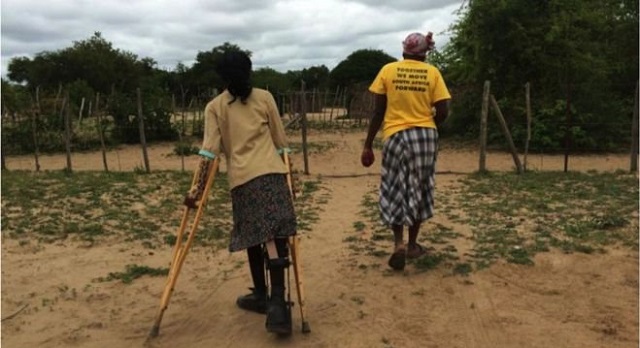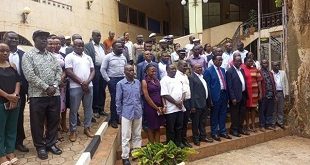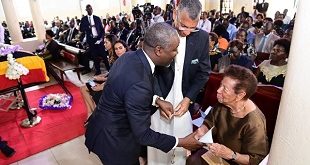
Kampala, Uganda | THE INDEPENDENT | Tooro and Ankole sub-regions have been named the worst regions for Persons with Disabilities-PWDs to live according to a report that was released in Kampala yesterday.
The study titled- ‘Disability Rights in Uganda-A Community Perspective’ was carried out by the National Union of Disabled Persons of Uganda-NUDIPU in collaboration with TRAC FM -an NGO that organizes public debates on policy and governance. The study aimed at finding out what people think of PWDs through radio talk shows
The study shows that PWDs in the two regions are believed to be persons who cannot do a lot for themselves. Some respondents in the study were of the view that PWDs do not even deserve to be elected as leaders because they would not be able to help anyone in case of an emergency.
Javie Ssozi, the country director of TRAC FM says that PWDs in the region were considered cursed and lazy compared to able-bodied persons. Few people in the regions think that PWDs can amount to anything.
In other regions like Teso, only five percent of the people who took part in the study had negative views. According to the study, the majority of negative views were from men. 48.8 percent of men compared to 55.4 percent of women were of the view that PWDs did not deserve special care.
West Nile, Lango and Acholi sub-regions emerged as some of the best places for PWDs to live. According to the study, 43 pe cent of the respondents from these regions believed that PWDs have the same rights as people without disabilities. Ssozi says that despite some regions having the least scores when it comes to stigma and discrimination of PWDs, the two vices are widely spread and happening everywhere. He says that more sensitization is a need in all communities.
Bumali Mpindi, the chairman of NUDIPU attributes the high level of discrimination in the Tooro and Ankole regions to the lack of inclusivity of PWDs in government programs. He says that if the government included PWDs more in its activities, people in these regions would be used to them and consider them as normal.
The study was carried out using a radio poll where interactive radio debates, polls, Voxpops and radio dramas were used to collect quantitative data from over 14,000 people from 134 districts in the country. Field visits were also carried out in some areas that did not have good radio reception.
******
URN
 The Independent Uganda: You get the Truth we Pay the Price
The Independent Uganda: You get the Truth we Pay the Price


